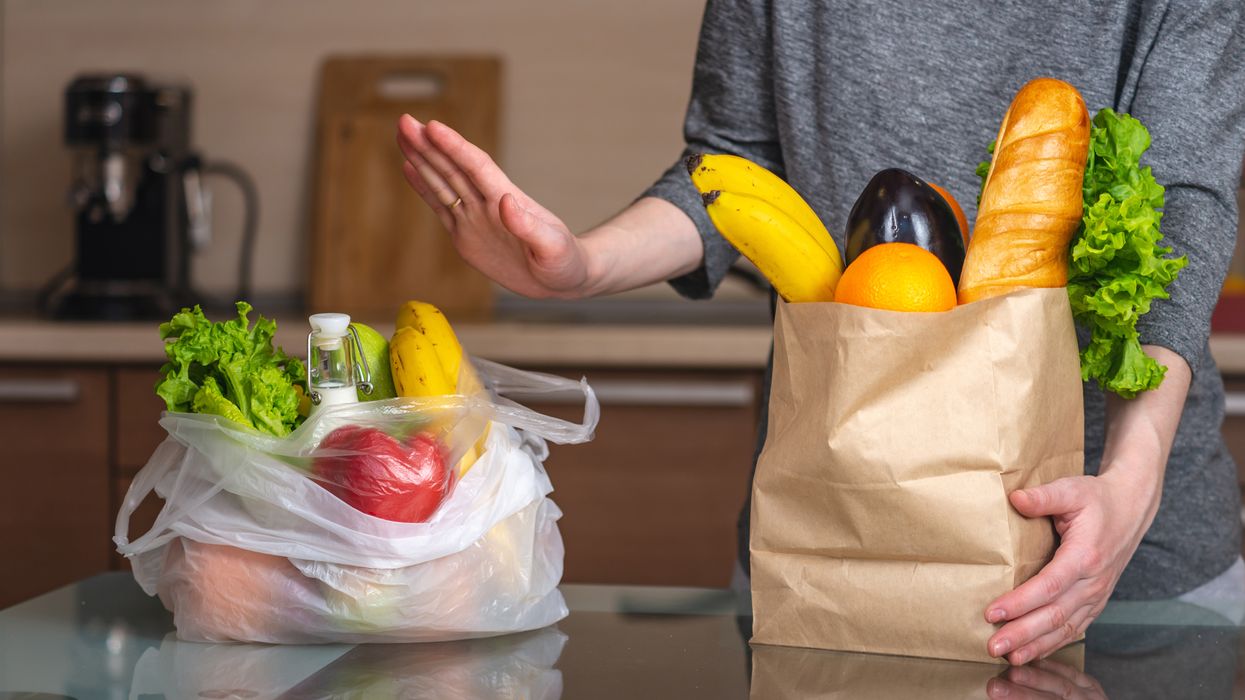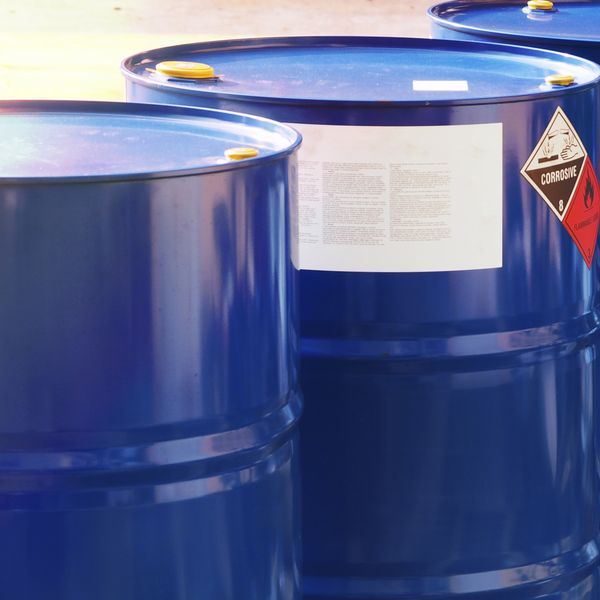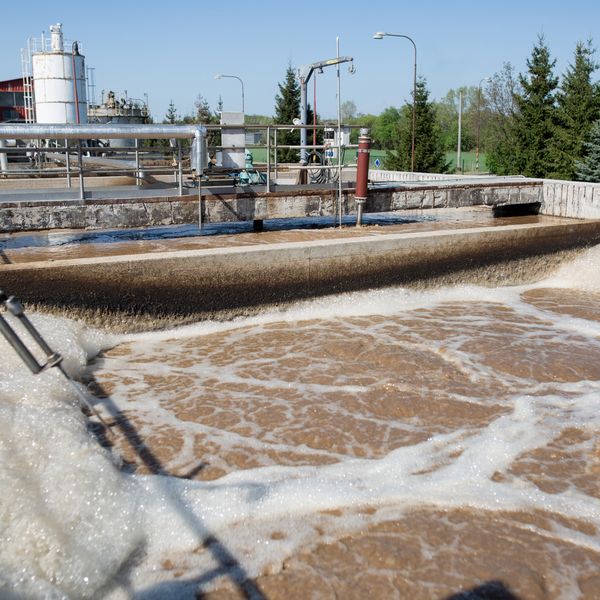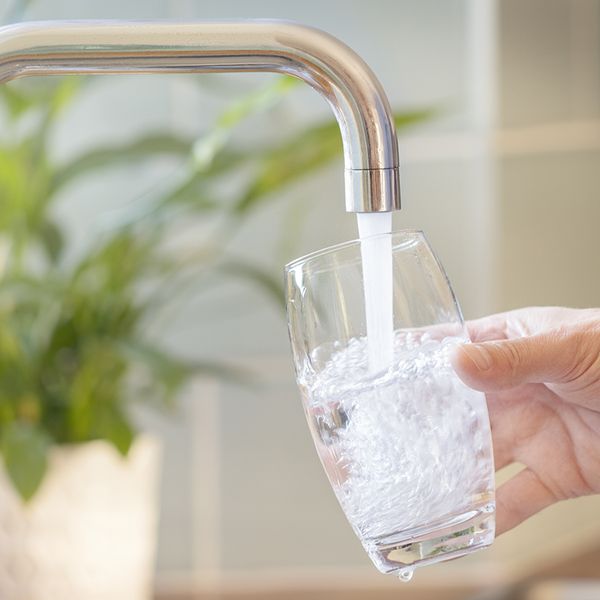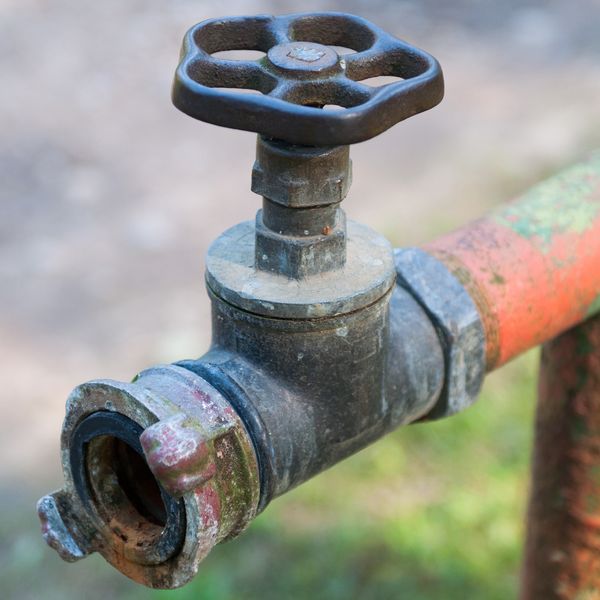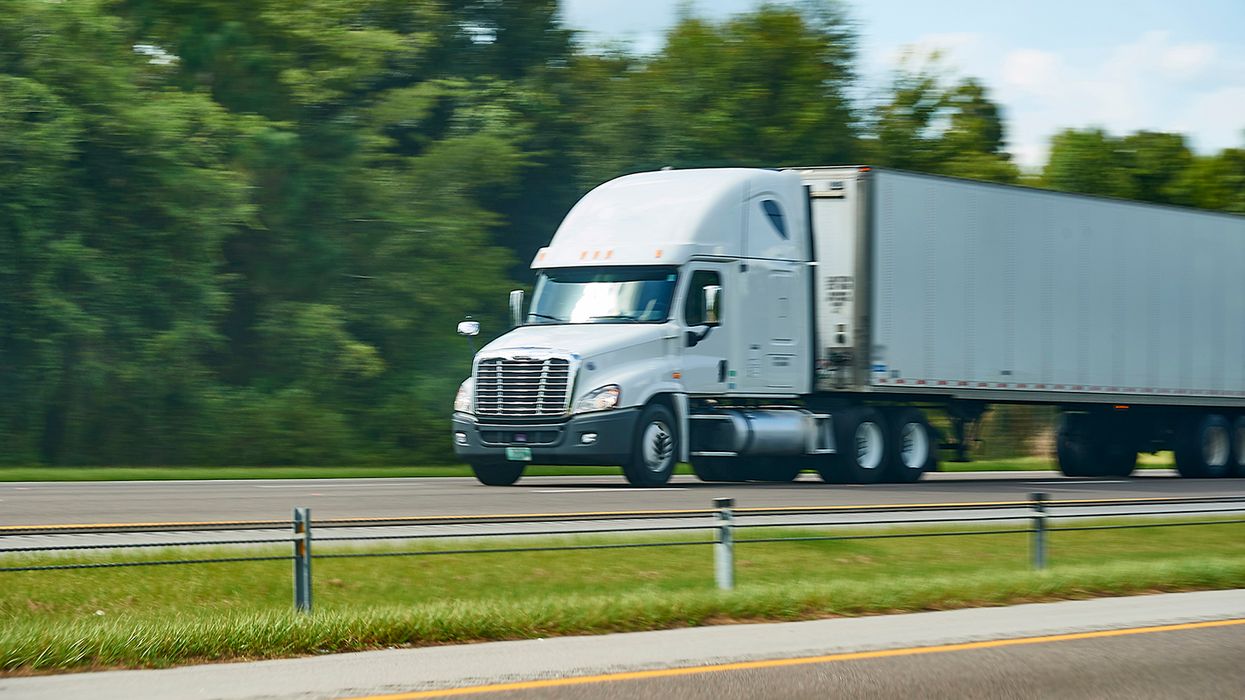State Updates
Maine delays plastic, styrofoam bans until July
In response to challenges brought about by COVID-19, the Maine Department of Environmental Protection (MDEP) is delaying enforcement of the statewide ban on single-use plastic carry-out bags. The ban was supposed to go into effect on January 15, but MDEP says it will use its enforcement discretion until July 1, 2021. In the same way, MDEP will delay enforcement of the Styrofoam disposable food service container ban, which was scheduled to take effect on January 1.
EPA, New Jersey partner on funding
EPA and New Jersey have formed the Performance Partnership Agreement to allow the state to focus on high-priority projects while cutting down on administrative costs by combining several EPA environmental grants. The programs affected by the agreements are air pollution controls, hazardous waste management, indoor radon mitigation, pesticides enforcement, safe drinking water, underground injection control, and water pollution control.
D.C. buildings to become more efficient
The District of Columbia has established its first set of Building Energy Performance Standards (BPES). The program — which applies to privately-owned buildings with at least 50,000 square feet of floor area and all District-owned buildings with at least 10,000 square feet of floor area — is intended to reduce greenhouse gas emissions and energy use by 50% by 2032.
Mississippi to change groundwater permit
The Mississippi Department of Environmental Quality (MDEQ) proposed changes to the 2021 General Permit to withdraw groundwater from the waters of the state. These changes would include reducing the time to implement conservation practices from three years to one year, adding descriptions of conservation practices, and informing the permit holder that the permitted acreage may be inspected for compliance with the permit.
Minnesota drives clean car standards
The Minnesota Pollution Control Agency proposed clean car standards similar to those in other states, including Colorado and Maine. The standards, if finalized, would apply to new vehicles and would take effect beginning with model year 2025 (January 2024). The rule would adopt two new emission standards: Low emission vehicle (LEV) standards and zero emission vehicle (ZEV) standards. Find out more at mn.gov/cleancars.
TCEQ now in charge of discharge permitting
EPA authorized the Texas Commission on Environmental Quality (TCEQ) to administer the permitting program for discharges from produced water, hydrostatic test water, and gas plant effluent or oil and gas discharges under the National Pollutant Discharge Elimination System (NPDES). Discharges of oil and gas activities, pipelines, and natural gas processing plants were formerly under the jurisdiction of the Railroad Commission of Texas.
EPA Region 7 reports on 2020, past 50 years
EPA Region 7 has released its 2020 Year in Review report. No surprise that COVID-19 features prominently, but the report also reflects on the past 50 years of environmental successes in the region. Find it here: epa.gov/aboutepa/epa-region-7-2020-year-review.
North Dakota reminds UST owners to test
The North Dakota Department of Environmental Quality UST program send out a reminder about the new testing requirements for UST systems that have been in place since April 1, 2018. The new tests require that all leak detection equipment gets tested annually, and that all spill, overfill, and piping sumps get tested for functionality every three years. The tests, required by North Dakota Administrative Code 33.1-24-08, are due by April 1, 2021. Note: All tanks that are used to power emergency generators are no longer exempt from leak detection requirements.
California's alt methods for TWW expire
California’s regulations that allowed treated wood waste to be managed using alternative methods expired on December 31, 2020. That means that for now, all hazardous treated wood waste that is not specifically exempted must be managed as a hazardous waste in the state, including transporting it to Class I hazardous waste landfills for disposal. Learn more: dtsc.ca.gov/toxics-in-products/treated-wood-waste
Oregon to clamp down on landfill emissions
A new proposed rule from the Oregon Department of Environmental Quality (ORDEQ) would affect methane gas emissions from landfills. The rule would bring the state’s methane gas emission limits in line with the more stringent requirements in neighboring states. ORDEQ says landfills make up six of the top 25 largest stationary sources of the gas.

